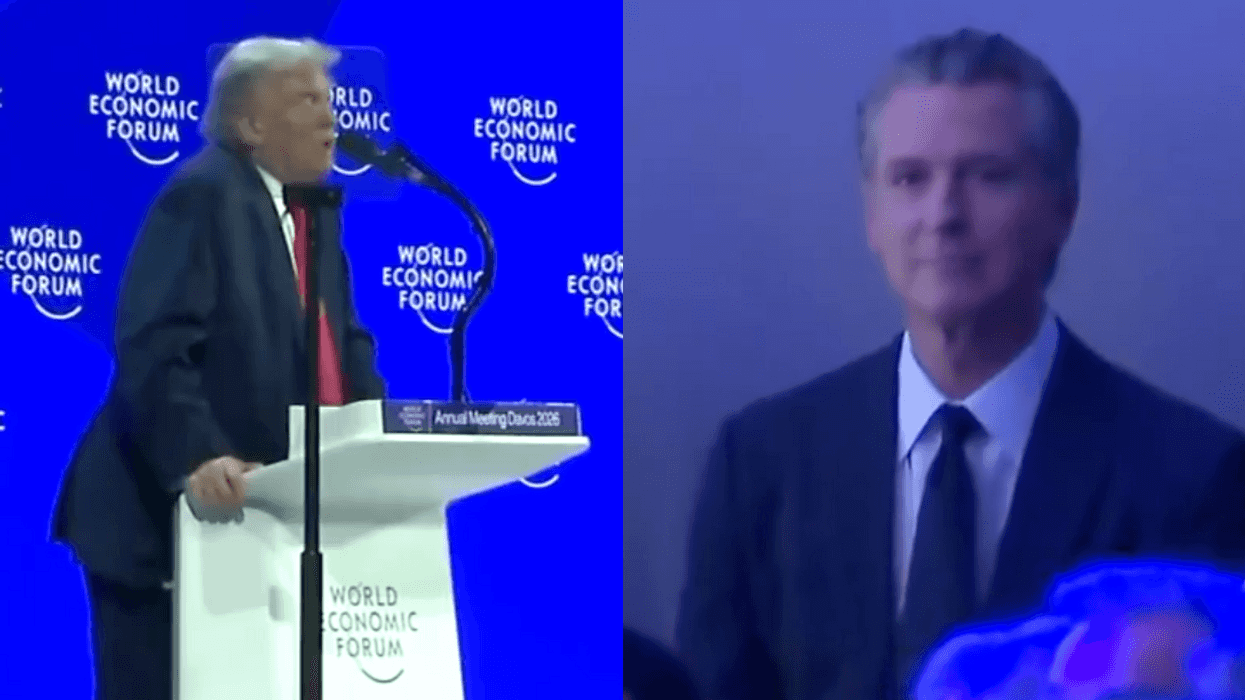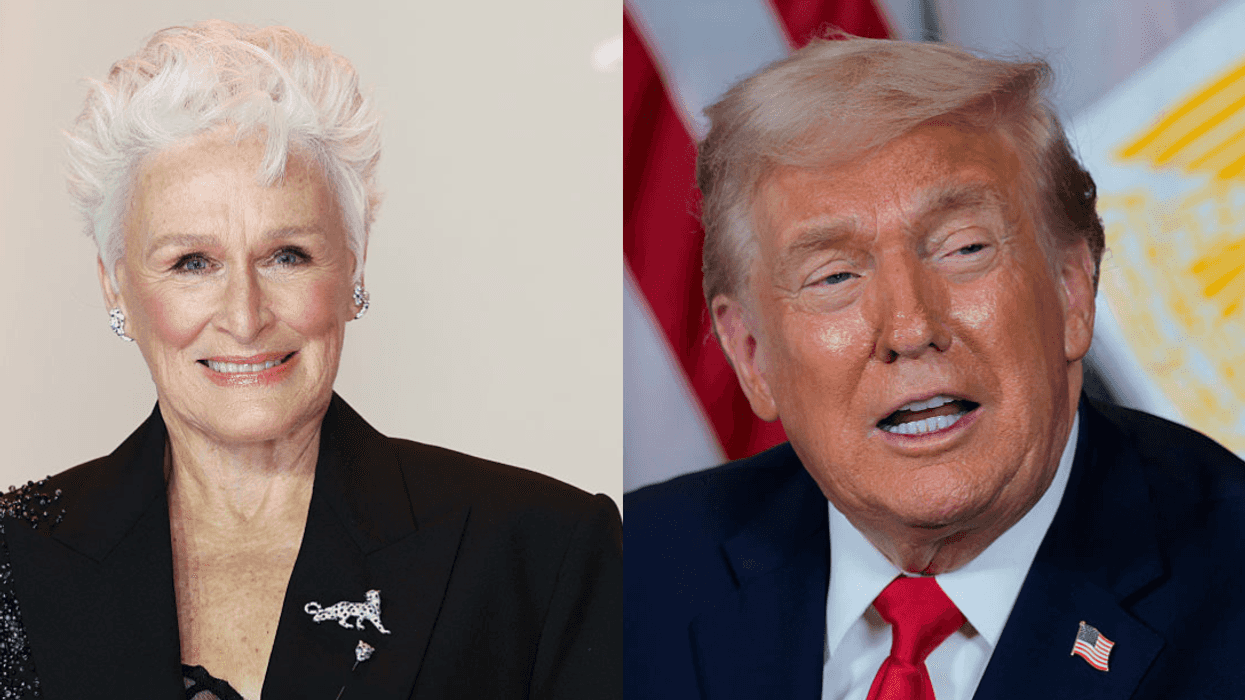Since the start of his 2016 campaign, a pillar of former President Donald Trump's platform was the targeting, deportation, and dehumanization of undocumented immigrants.
Trump frequently characterized undocumented people as invaders, and made waves in the announcement of his run for President by calling them rapists and murderers.
Under Trump's Justice Department, first time border crossings were tried as criminal offenses, rather than civil ones—a policy which greatly expanded family separations and further strained already overcrowded border facilities.
Over his four years in office, the former President also saw three Senate confirmations of his nominees to the Supreme Court, the first of whom was Justice Neil Gorsuch.
Senate Republicans infamously denied former President Barack Obama's Constitutional mandate to fill the Supreme Court seat left vacant by the death of Justice Antonin Scalia in 2016. After holding the seat open for nearly a year, Republicans confirmed Gorsuch, whom Trump had nominated shortly after his inauguration.
This week, Gorsuch surprised Trump critics and devotees alike when he authored a Supreme Court opinion that ruled in favor of Guatemalan immigrant Agusto Niz-Chavez.
Niz-Chavez crossed the United States border in 2005, and eight years later—in 2013—was charged by the federal government. In a second document, he was issued an order to appear in court.
Undocumented immigrants can only appeal deportation proceedings in court if they've been in the United States continuously for a decade or more—but that clock stops as soon as they're issued the notice to appear.
As Gorsuch noted in his opinion, the Illegal Immigrant Reform and Immigrant Responsibility Act of 1996 mandates the government serve "a notice to appear" for those it intends to deport. "A" notice to appear, Gorsuch and five other justices found, means a single document.
Because Niz-Chavez was informed of his charges and ordered to appear in two separate documents, the Supreme Court ruled 6-3 that he was not properly informed of his charges, and therefore can appeal his removal from the United States.
Gorsuch wrote in the decision:
"In this case, the law's terms ensure that, when the federal government seeks a procedural advantage against an individual, it will at least supply him with a single and reasonably comprehensive statement of the nature of the proceedings against him."
Even though the ruling hinged on a technicality, people were pleasantly surprised to see a Trump Justice siding with undocumented immigrants.
Many imagined the reactions of Trump and his supporters.
Fox News is gonna be lit tonight#SCOTUS https://t.co/47LagY0DsN
— It's Elizabeth To You (@TheHopsbride) April 29, 2021
Adding to the surprise, another Trump nominee—Justice Amy Coney Barrett—and the infamously conservative Justice Clarence Thomas also sided with Niz-Chavez.

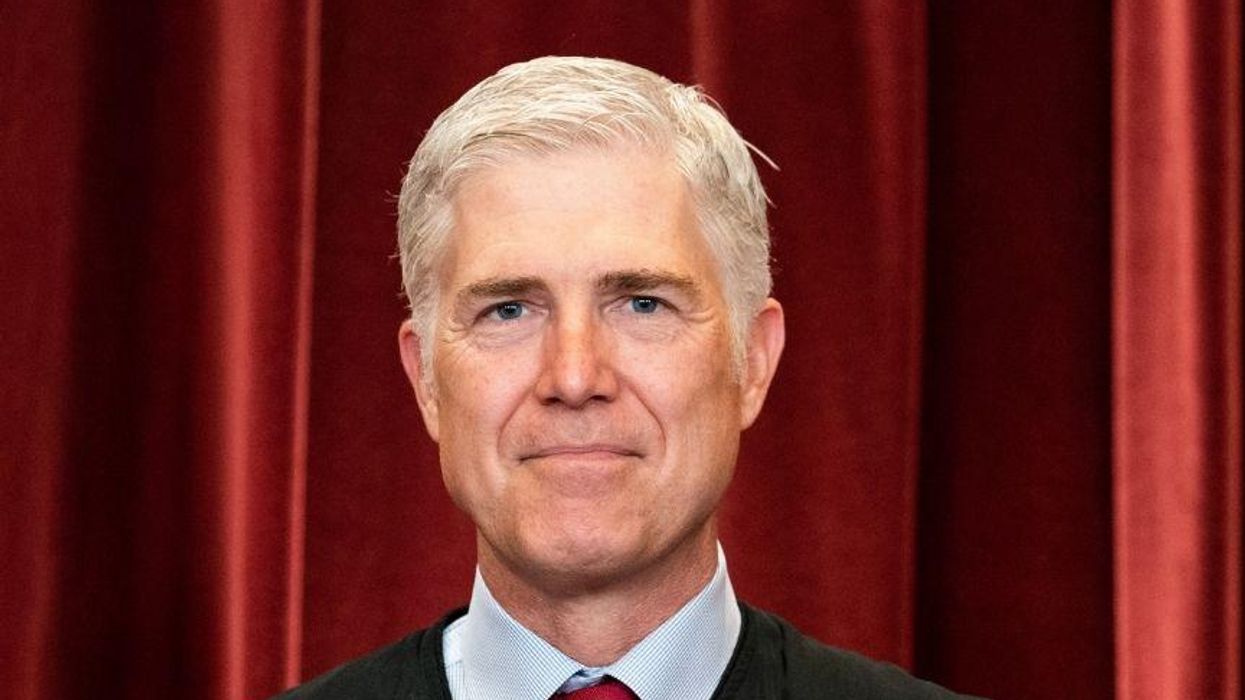


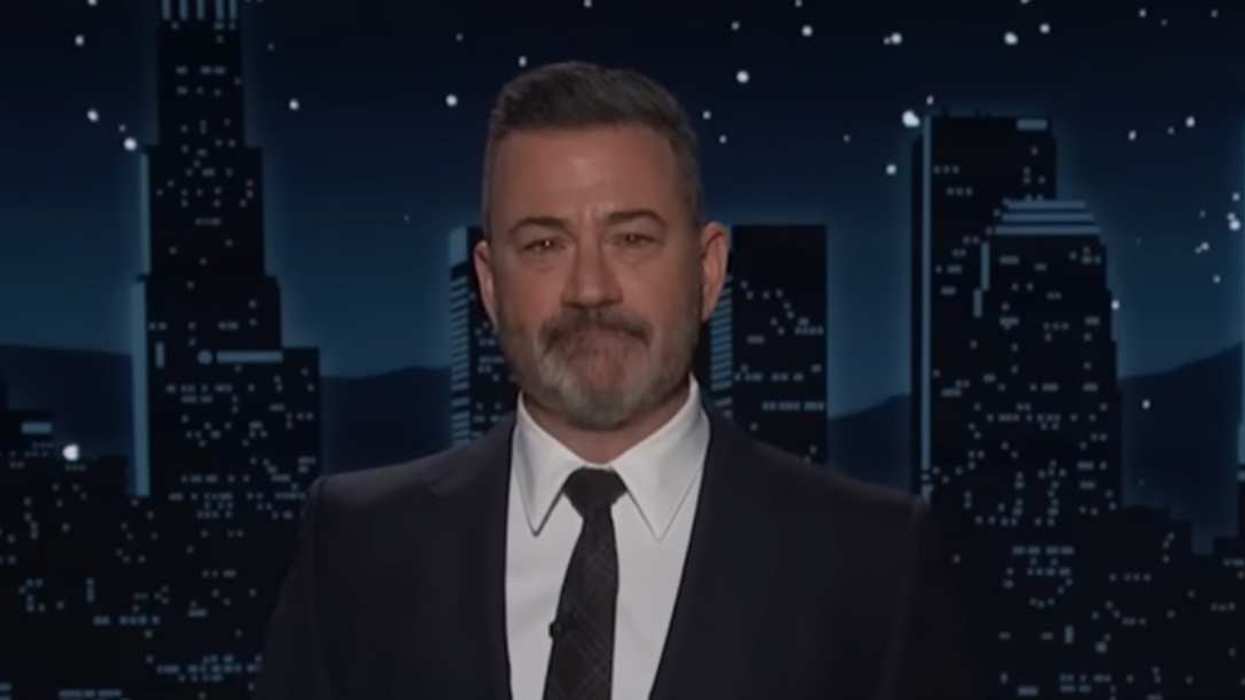



 @complexpop/Instagram
@complexpop/Instagram  @complexpop/Instagram
@complexpop/Instagram @complexpop/Instagram
@complexpop/Instagram @complexpop/Instagram
@complexpop/Instagram @complexpop/Instagram
@complexpop/Instagram @complexpop/Instagram
@complexpop/Instagram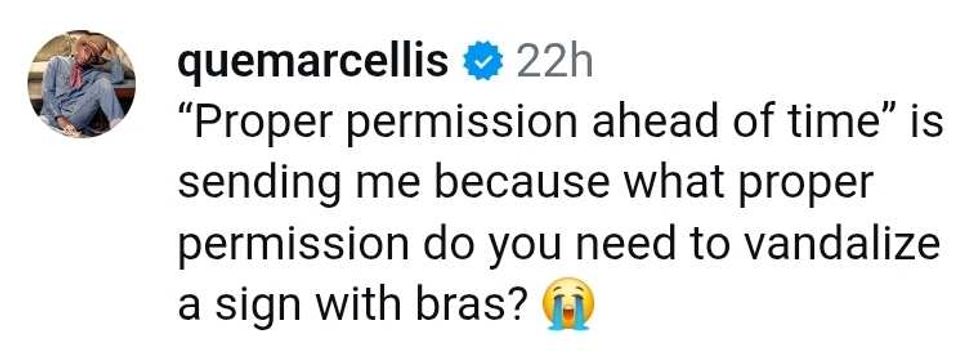 @complexpop/Instagram
@complexpop/Instagram r/Fauxmoi/Reddit
r/Fauxmoi/Reddit r/Fauxmoi/Reddit
r/Fauxmoi/Reddit r/Fauxmoi/Reddit
r/Fauxmoi/Reddit r/Fauxmoi/Reddit
r/Fauxmoi/Reddit r/Fauxmoi/Reddit
r/Fauxmoi/Reddit r/Fauxmoi/Reddit
r/Fauxmoi/Reddit r/Fauxmoi/Reddit
r/Fauxmoi/Reddit r/Fauxmoi/Reddit
r/Fauxmoi/Reddit r/Fauxmoi/Reddit
r/Fauxmoi/Reddit r/Fauxmoi/Reddit
r/Fauxmoi/Reddit r/Fauxmoi/Reddit
r/Fauxmoi/Reddit r/Fauxmoi/Reddit
r/Fauxmoi/Reddit r/Fauxmoi/Reddit
r/Fauxmoi/Reddit r/Fauxmoi/Reddit
r/Fauxmoi/Reddit r/Fauxmoi/Reddit
r/Fauxmoi/Reddit r/Fauxmoi/Reddit
r/Fauxmoi/Reddit r/Fauxmoi/Reddit
r/Fauxmoi/Reddit r/Fauxmoi/Reddit
r/Fauxmoi/Reddit r/Fauxmoi/Reddit
r/Fauxmoi/Reddit r/Fauxmoi/Reddit
r/Fauxmoi/Reddit r/Fauxmoi/Reddit
r/Fauxmoi/Reddit r/Fauxmoi/Reddit
r/Fauxmoi/Reddit r/Fauxmoi/Reddit
r/Fauxmoi/Reddit r/Fauxmoi/Reddit
r/Fauxmoi/Reddit r/Fauxmoi/Reddit
r/Fauxmoi/Reddit
